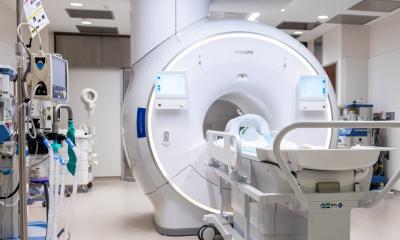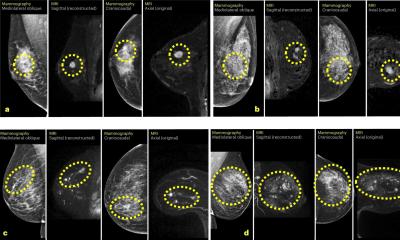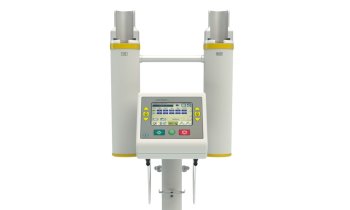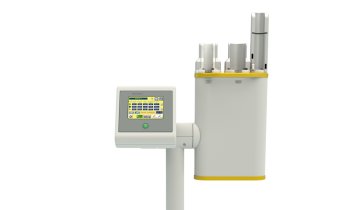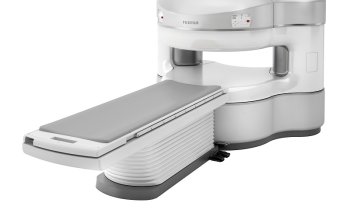
Image credit: ARRS/AJR
News • Predicting DCIS upgrade
Breast cancer: ultrafast MRI shows promise
Ultrafast MRI provides beneficial information that can be used in surgical planning, including determining the need to perform sentinel lymph node biopsy.
This is according to an accepted manuscript published in ARRS’ American Journal of Roentgenology (AJR). “Preoperative UF-MRI, time to enhancement, and lesion size on conventional dynamic contrast-enhanced (DCE) MRI and mammography show potential in predicting upgrade of ductal carcinoma in situ (DCIS) to invasive cancer at surgery,” wrote first author Rachel Miceli, MD, of NYU Langone Health.
The manuscript identified consecutive women with biopsy-proven pure DCIS lesions who underwent UF-MRI with DCE-MRI and had subsequent surgery between August 2019 and January 2021. To determine predictors of upgrade to invasive cancer, patient and lesion characteristics; biopsy method and pathology; as well as lesion features on mammography, ultrasound, DCE-MRI, and UF-MRI were assessed.
Ultimately, at surgery, 38% of lesions diagnosed as DCIS at percutaneous biopsy were upgraded to invasive cancer. Time to enhancement on UF-MRI was associated with upgrade from DCIS to invasive cancer (p=.03) with an optimal threshold of 11 seconds (specificity, 50%; sensitivity, 76%).
Reiterating that short time to enhancement can assist prediction of lesions diagnosed as DCIS at percutaneous biopsy that will be upgraded to invasive cancer at surgery, “further studies with larger cohorts will be helpful in assessing the contribution of UF-MRI for the prediction of upgrade in clinical practice,” Miceli et al. concluded.
Source: American Roentgen Ray Society
09.02.2023



